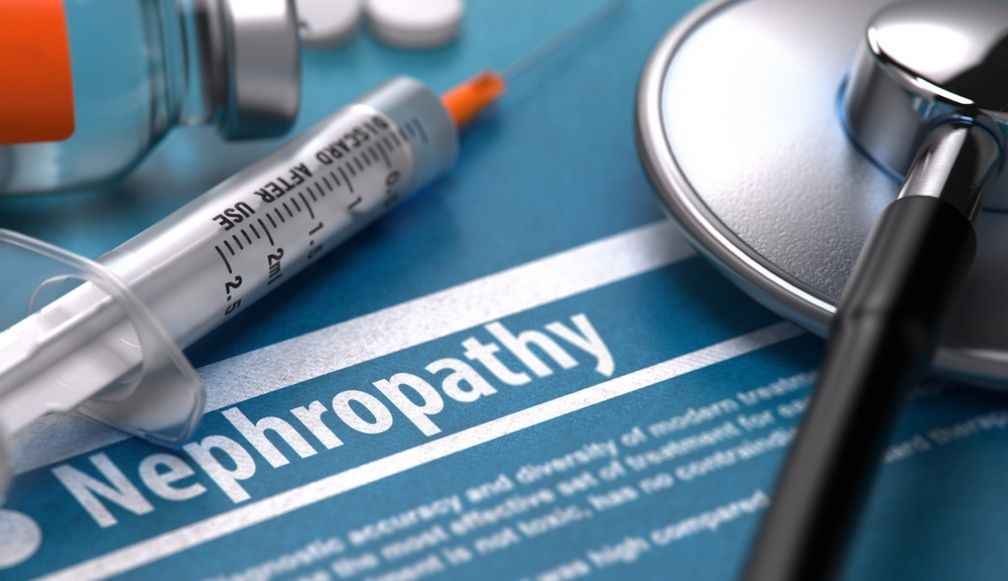
In an analysis conducted by the National Center for Biotechnology Information in 2010, about 126 million people were diagnosed with diabetic nephropathy, and by 2030, the number is likely to rise to 191 million. Some of the key factors that contributed to the propulsion of diabetic nephropathy were the increase in sedentary lifestyles, the prevalence of obesity, and a rise in the geriatric population.
Also known as DKD or Diabetic Kidney Disease, it is considered the leading cause of ESRD or End-Stage Renal Diseases, which is engendered by obesity, hyperglycemia, and high blood pressure. The risk of ESRD remains high despite control of blood pressure, glucose, and lipid levels, which is also indicative of an urgent need for therapeutic strategies that are tailored and revolve around each patient’s condition, studied minutely.
Disease process
Diabetes, by itself, is a chronic disease, caused primarily due to the excessive levels of glucose in the blood, which remains un-metabolized either due to the insufficiency or lack of insulin hormone. Multiple organs are severely affected such as the eyes, blood vessels, heart, and kidneys. Characterized by the presence of proteinuria >0.5 g/24 h, high blood pressure, and reduction in glomerular filtration rate, diabetic nephropathy is one of the most common diabetic kidney diseases. Individuals suffering from type 1 or type 2 diabetes invariably develop diabetic nephropathy, which is also the leading cause of kidney failure worldwide.
Functionally, the kidney is responsible for the removal of excess water and waste products from the bloodstream, which is then discarded in the form of urine. For this, a system of tubes and blood vessels called nephrons is used, which contains capillaries and small urine-collecting tubes. The glomerulus, one of the major structures in the nephron group of vessels, acting as the filter, breaks down due to high blood glucose levels. As a result, the inefficiency of the filtering function causes leakage of the protein from the blood into the urine. Kidney failure happens when the glomeruli have been completely damaged.
- BUN to check for the presence of blood urea nitrogen
- Microalbuminuria identifies the presence of albumin in the urine
- Serum Creatinine measures blood creatinine levels
- Biopsy when there is a suspicion of diabetic nephropathy
Treatment
At LifeLine Hospitals, expert nephrologists and surgeons, monitor your health closely for any signs of deterioration. It is because early detection can prevent all complications of the disease. Patients are provided with prescriptive medications such as ACE inhibitors, ARBs or angiotensin receptor blockers, and others to stabilize blood pressure. Our treatment plans are also inclusive of lifestyle changes such as limiting protein intake, consuming healthy fats, minimizing the intake of sodium to 1,500 to 2,000 mg/dL or less, and finally, limiting consumption of foods high in potassium, and phosphorus.
If diagnosed with ESRD, you will be provided a comprehensive treatment plan inclusive of regular dialysis or a kidney transplant.







